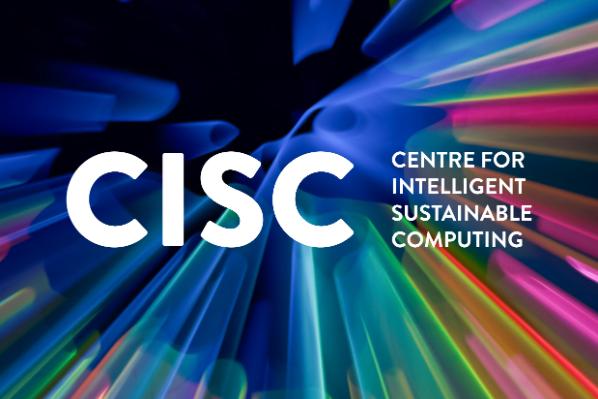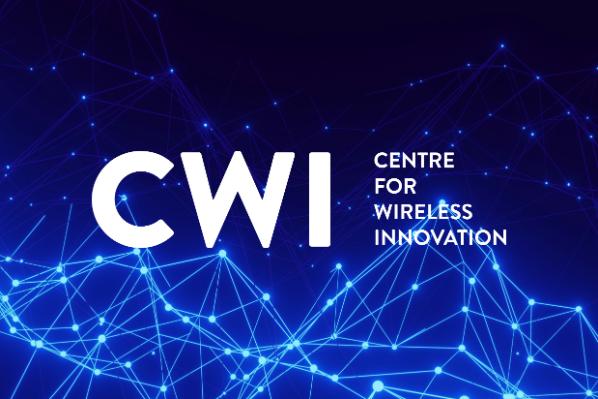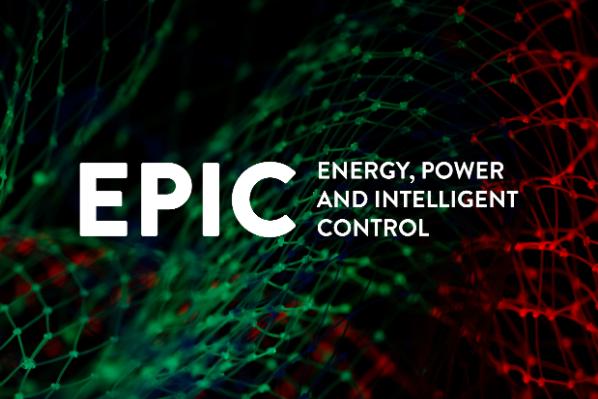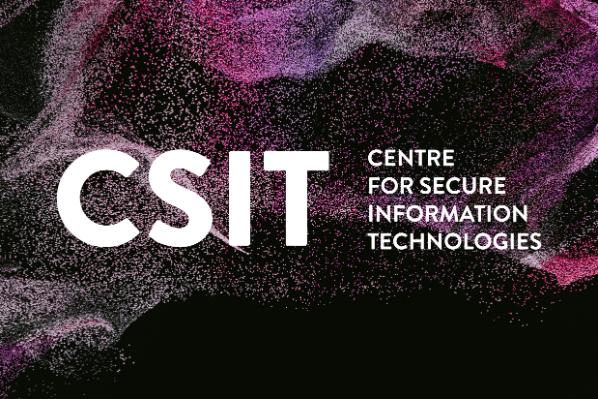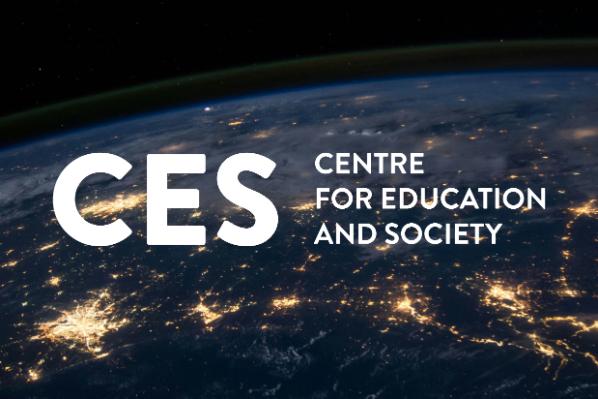Research
Our purpose is to research, develop and demonstrate and enhance innovative technologies that enable and underpin the rapidly evolving digital world.
Our mission in the School of Electronics, Electrical Engineering and Computer Science is to foster a vibrant, stimulating research environment that supports world-class innovation in carefully selected, high-impact areas. We aim to attract outstanding academic and postdoctoral researchers, international visitors, and PhD students by maintaining the highest international standards in research excellence.
We are committed to ensuring our research delivers meaningful economic and societal benefits both locally and globally. Our work is aligned with the UN Sustainable Development Goals and addresses major societal and economic challenges. This is supported by a strong culture of Equality, Diversity and Inclusion, as recognised by our Silver Athena SWAN award.
The School is structured around interdisciplinary thematic areas that contribute to the Global Research Institute of Electronics, Communications and Information Technology (ECIT). Through the Energy, Power and Intelligent Control research centre, we also support the Centre for Intelligent Autonomous Manufacturing Systems (i-AMS).
We continuously refine our research priorities and invest in infrastructure where we have a clear technical advantage. Our key areas of expertise include:
- Secure systems
- Data-informed decision making
- Real-world applied AI
- Physical-layer wireless and sensing
- Embedded renewable power generation
- Intelligent systems for advanced manufacturing
This strategic focus ensures we remain at the forefront of innovation, delivering research that is globally competitive and regionally impactful.
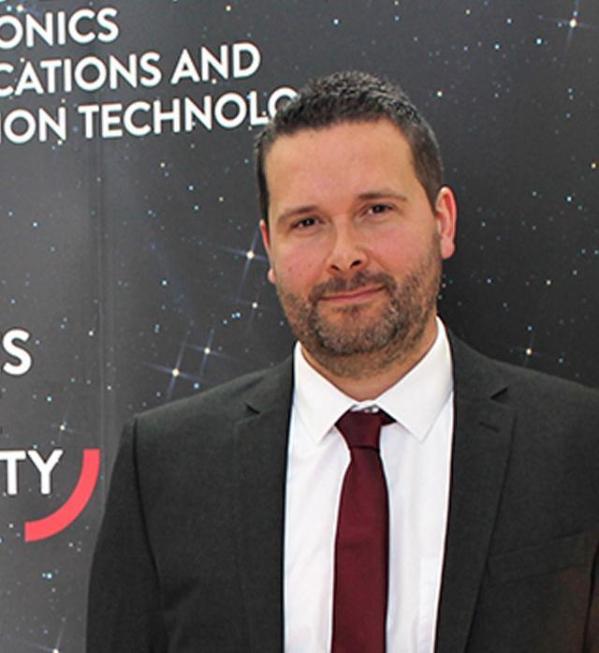
Professor Simon Cotton is Research Director for the School of Electronics, Electrical Engineering and Computer Science and Director of the Centre for Wireless Innovation (CWI) at Queen’s University Belfast. He is internationally recognised as a leading expert in wireless channel characterisation and modelling.
He has received several prestigious awards, including a Research Fellowship from the Royal Academy of Engineering (RAEng), the H.A. Wheeler Prize by the IEEE Antennas and Propagation Society, the Sir George Macfarlane Award from the Royal Academy of Engineering, a Philip Leverhulme Prize from the Leverhulme Trust.
Among Professor Cotton's research interests are millimetre-wave technologies for cellular communications and novel applications of short-range radio systems. His other research interests include radio channel characterisation and modelling for device-to-device and body centric communications as well as the simulation of wireless channels. Professor Cotton’s contribution to research is extensive. He has authored and co-authored over 140 publications in major IEEE/IET journals and refereed international conferences, two book chapters and two patents.
EEECS Research Centres
Latest Publications
RSLAQ - A robust SLA-driven 6G O-RAN QoS xApp using deep reinforcement learning
17 February 2026BER analysis and optimization for continuous RIS-enabled NOMA
- Mahmoud AlaaEldin
- Amy Inwood
- Peter J. Smith
- Michalis Matthaiou
Local partial RZF in cell-free massive MIMO: A deterministic equivalent analysis
- Jiafei Fu
- Peng Jiang
- Pengcheng Zhu
- Hien-Quoc Ngo
- Michalis Matthaiou
- Xiaohu You
Robust vision systems for connected and autonomous vehicles: security challenges and attack vectors
- Sandeep Gupta
- Roberto Passerone
Exploiting movable-element STARS for wireless communications
- Jingjing Zhao
- Quan Zhou
- Xidong Mu
- Kaiquan Cai
- Yanbo Zhu
- Yuanwei Liu


